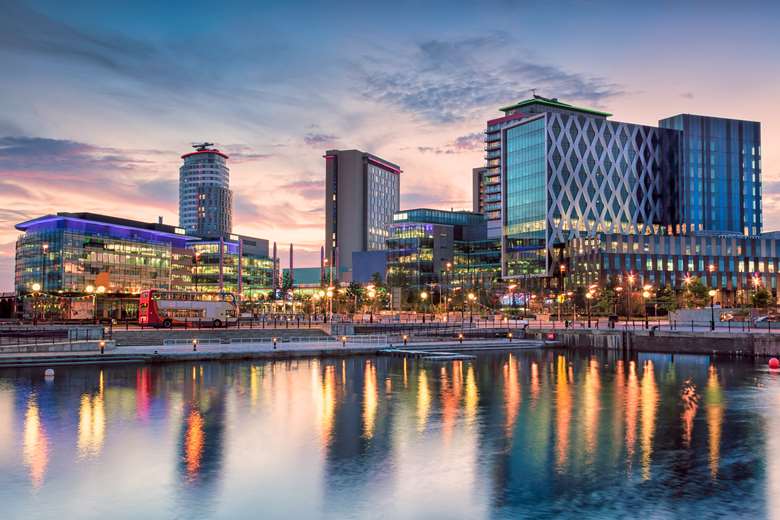BBC Radio 3 to strengthen Salford base in push for regional representation
Lucy Thraves
Thursday, March 18, 2021
BBC Radio 3 and BBC Concert Orchestra have announced plans to part relocate to areas outside of London.


Register now to continue reading
Don’t miss out on our dedicated coverage of the classical music world. Register today to enjoy the following benefits:
- Unlimited access to news pages
- Free weekly email newsletter
- Free access to two subscriber-only articles per month